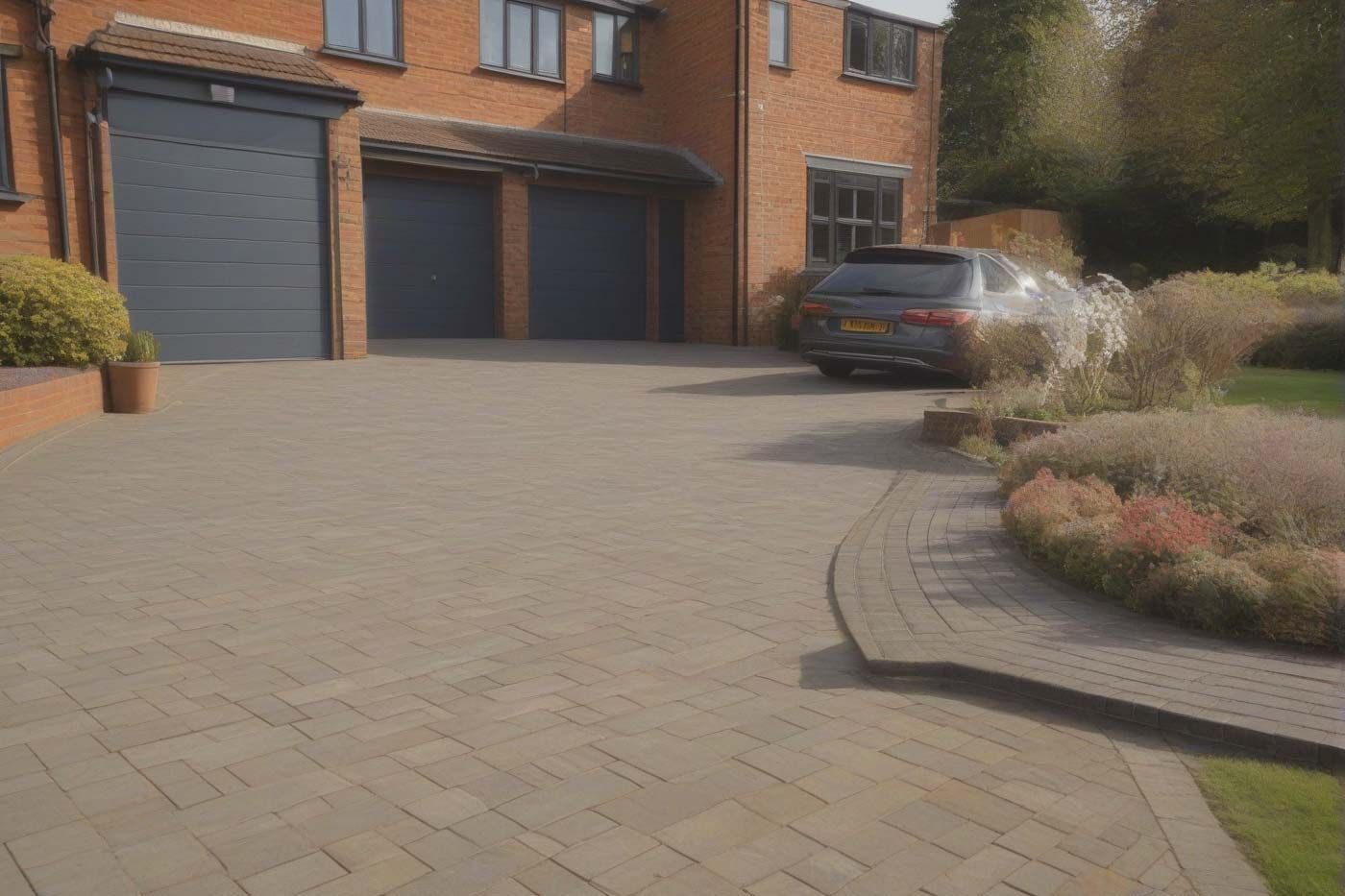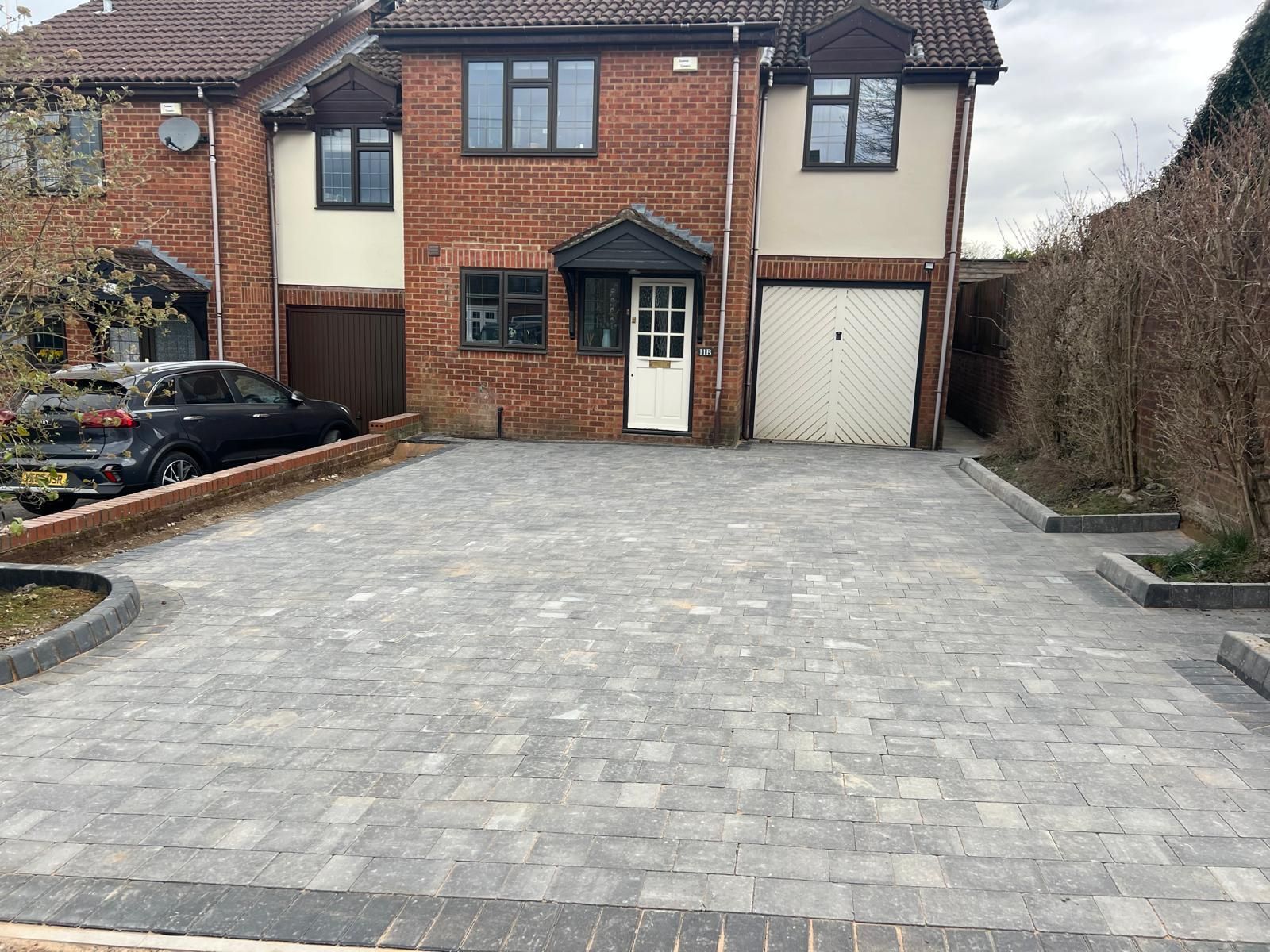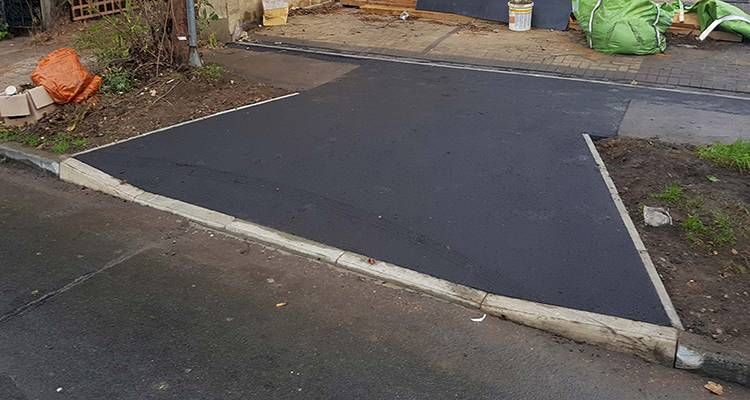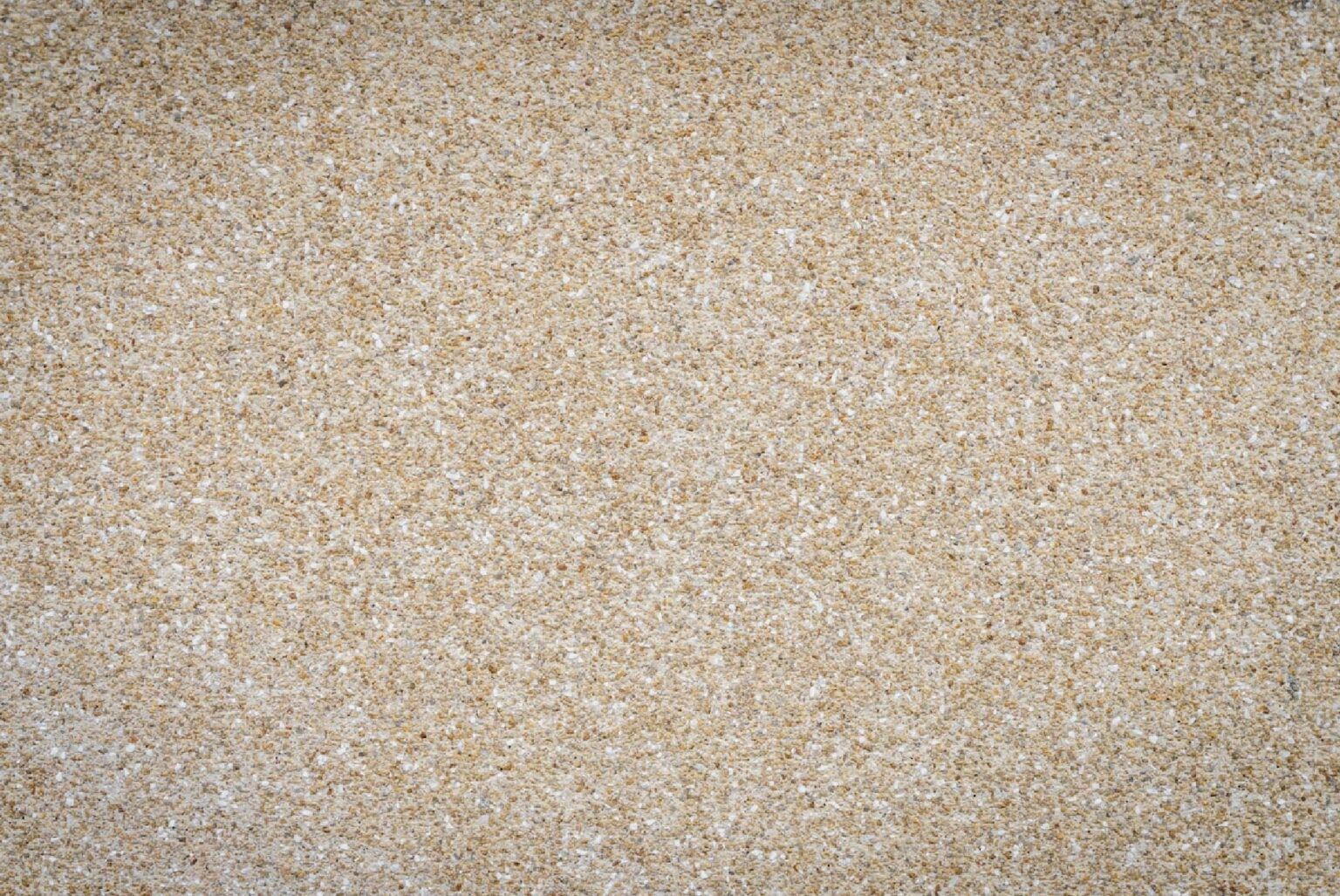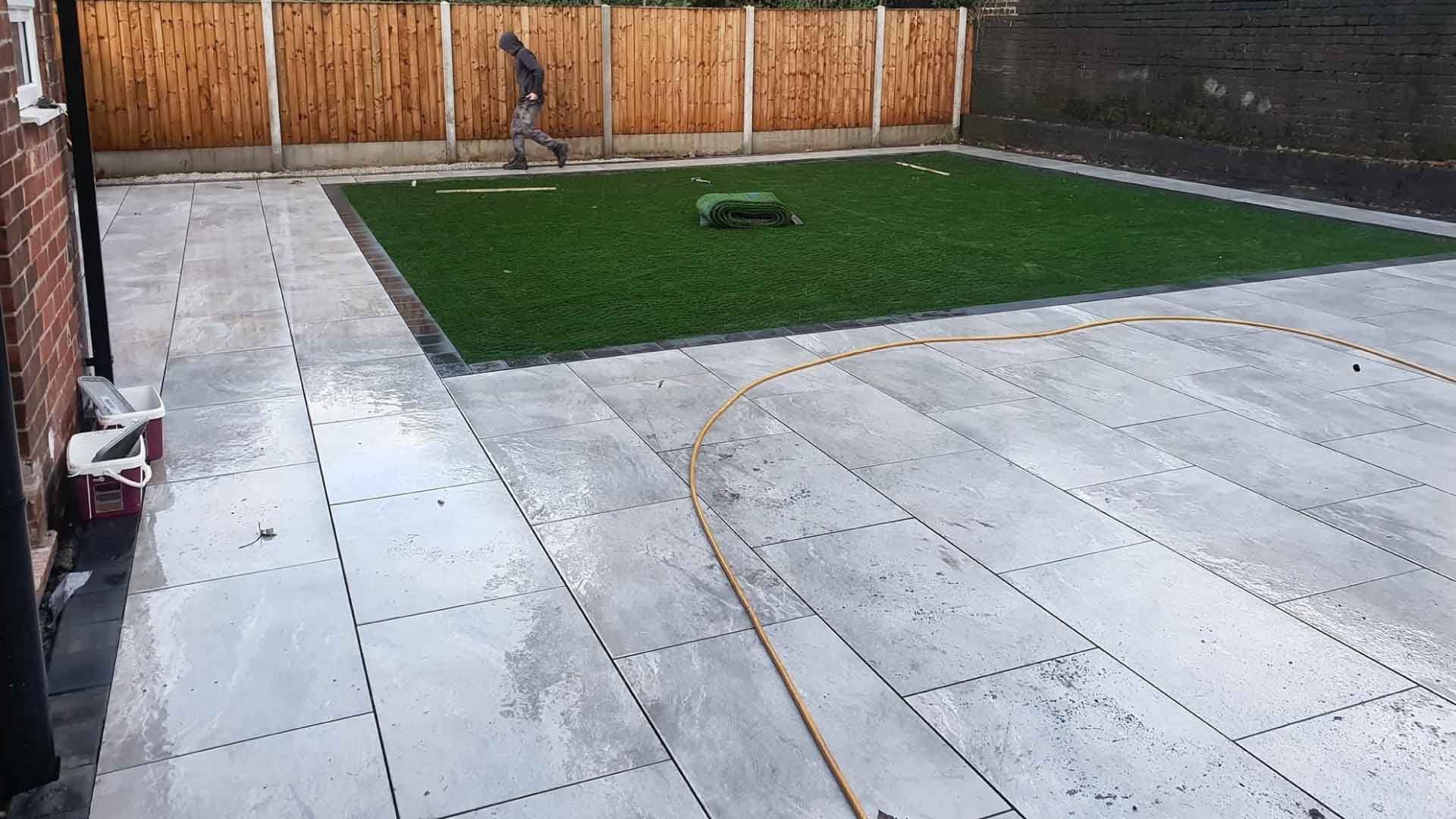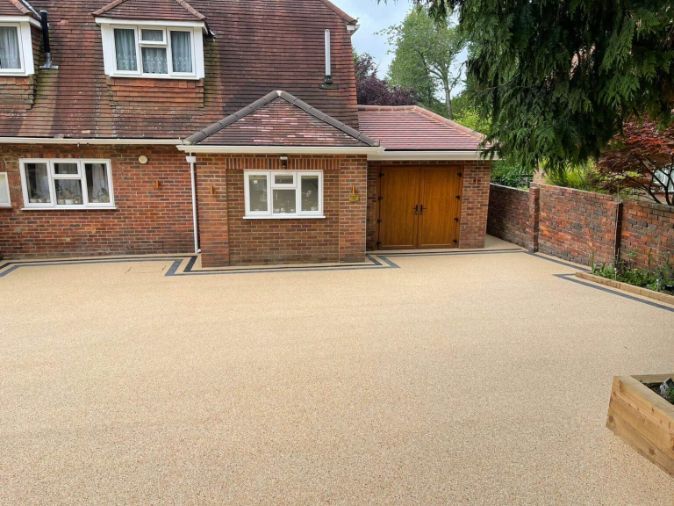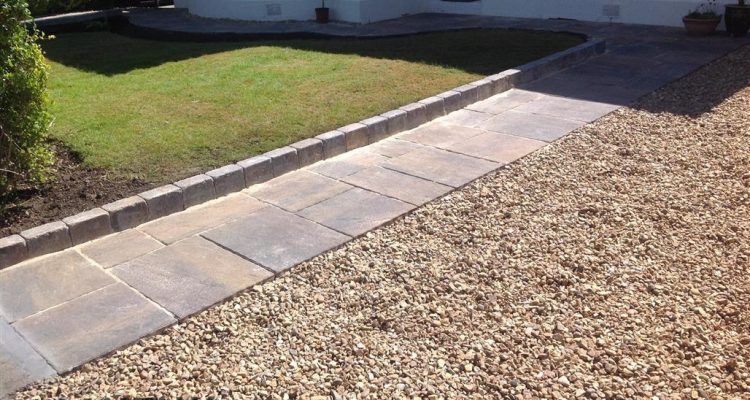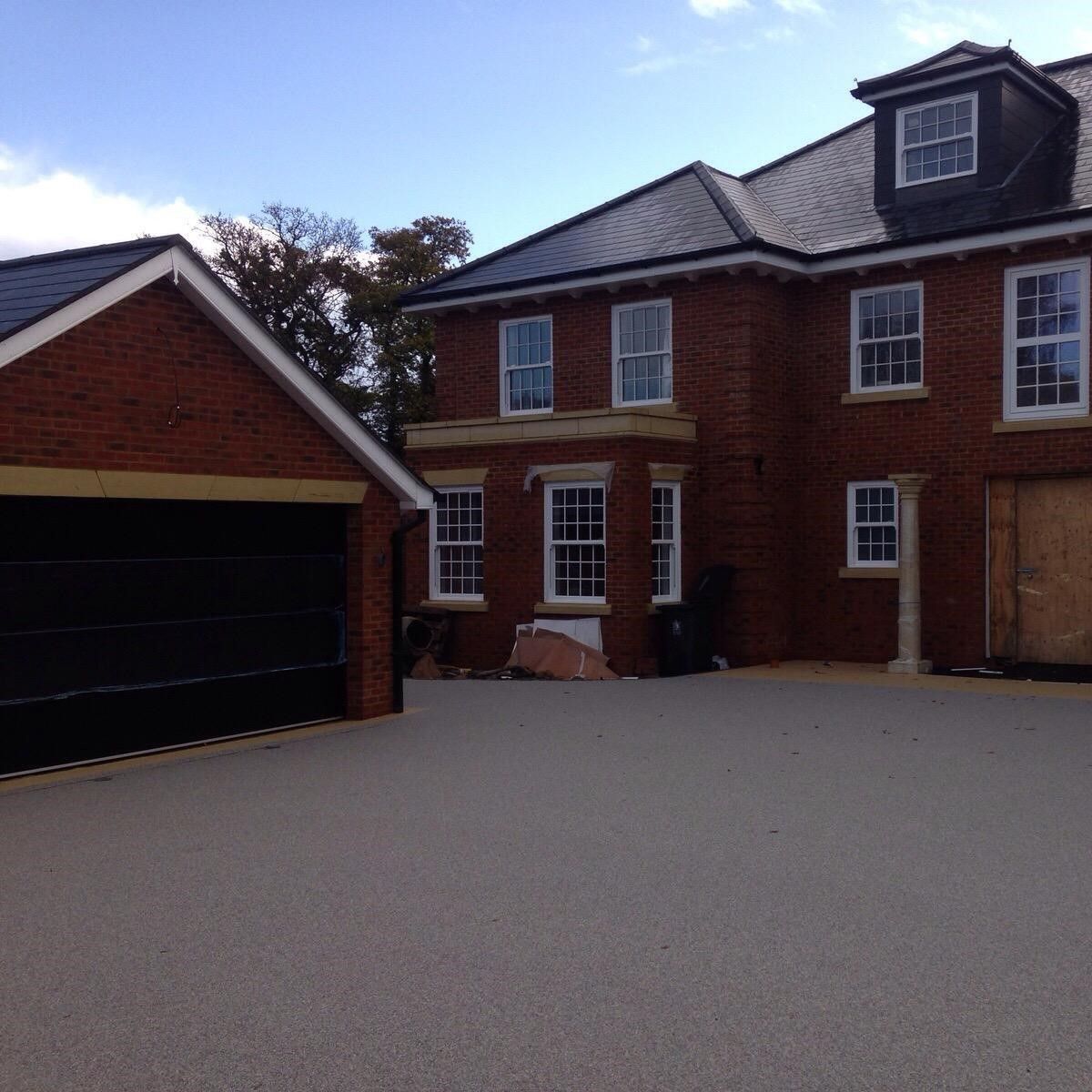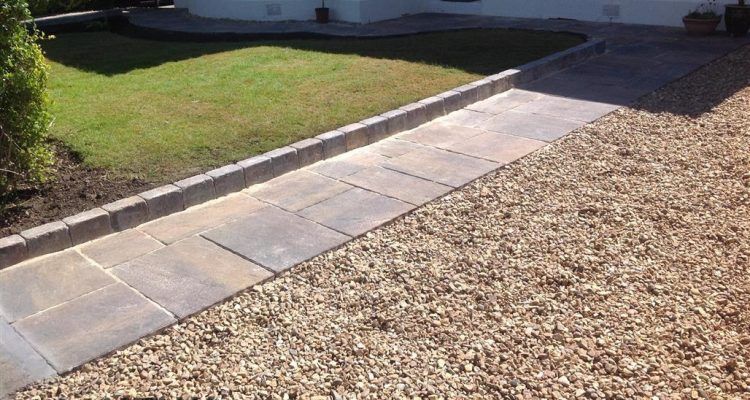Resin Bound Driveways: Pros and Cons
From their exceptional durability and low-maintenance nature to their aesthetic customisation options, resin-bound driveways have much to offer.
However, it is essential to weigh the pros against the cons, such as installation costs and potential drainage issues. So, what are the
pros and cons of resin-bound driveways?
Resin-bound driveways tend to be highly durable and permeable. They are also very low-maintenance and visually appealing. However, they can be more costly compared to other traditional driveway materials. Additionally, a lack of maintenance can lead to algae formation on the driveway.
In this guide, we will delve into the advantages and considerations of resin driveways, equipping you with the knowledge to make an informed decision for your property.
What are Resin Bound Driveways?
Resin-bound driveways are a type of surfacing solution for driveways and pathways. They are created by mixing natural aggregates, such as gravel or stone, with a clear resin binder.
This mixture is then applied to a solid base, such as concrete or asphalt, and levelled to create a smooth, durable, and permeable surface. Resin-bound driveways offer numerous benefits, including a decorative appearance, excellent durability, minimal maintenance requirements, and the ability to allow water to drain through, reducing the risk of flooding.
Resin-Bound Driveways: Pros and Cons
Let’s take a quick look at the advantages and disadvantages of resin-bound driveways.
Pros
- Durable
- Low Maintenance
- Visually Appealing
- Permeable
- Slip and Frost Resistant
- Seamless
Cons
- Expensive
- Requires Professional Installation
- Can Become Slippery if Not Maintained
- Susceptible to Moss and Algae Growth
- Potential for Cracking
- Risk of Loose Stones
Advantages of Resin-Bound Driveways
Resin-bound driveways are an ideal solution for homeowners seeking a durable, low-maintenance, and aesthetically pleasing driveway. By blending aggregate (typically stones or pebbles) with resin, a seamless and solid surface is created.
Here are the key advantages of resin-bound driveways:
- Durability: Resin-bound driveways are highly durable and can withstand heavy traffic with ease. Their resistance to weather damage makes them suitable for all climates.
- Low Maintenance: Unlike traditional gravel driveways, resin-bound surfaces require no sealing or painting. Cleaning is straightforward and can be done with a hose and broom.
- Visually Appealing: You can customise your resin-bound driveway to match your home’s exterior. A wide selection of colours and aggregate options allows you to achieve the desired aesthetic.
- Permeability: One of the major advantages of resin-bound driveways is their permeability. Water can drain through the surface, making them an excellent choice for areas prone to heavy rainfall or flooding.
- Slip and Frost Resistance: The surface provides ample friction, reducing the risk of slipping. Additionally, it remains resistant to frost during winter.
- Smooth and Seamless Finish: Resin-bound driveways create a level and bump-free surface, offering a sleek and modern look.
Resin-bound driveways provide a winning combination of durability, low maintenance, visual appeal, and permeability. If you are considering upgrading your driveway, this option is well worth exploring.
If you are looking for expert driveway installation, consider P&M Kelly Block Paving for high-quality service.
Disadvantages of Resin-Bound Driveways
Despite their many benefits, resin-bound driveways do have some drawbacks:
- Cost: Resin-bound driveways are generally more expensive than traditional driveway materials such as concrete or asphalt.
- Installation: Professional installation is required, adding to the overall cost of the project.
- Drainage Issues: If not installed correctly, the driveway may suffer from poor drainage, leading to stagnant water and related problems.
- Moss and Algae Growth: Without regular cleaning and maintenance, moss and algae can accumulate on the surface, making it slippery and unsightly.
- Cracking and Loose Stones: A poorly installed or neglected resin-bound driveway can develop cracks and loose stones over time.
It is crucial to weigh these potential downsides against the benefits before deciding on a resin-bound driveway. Proper installation, routine maintenance, and regular cleaning can help prevent many of these issues.
Things to Consider Before Choosing a Resin-Bound Driveway
Before opting for a resin-bound driveway, consider the following factors:
- Climate: While resin-bound driveways offer better weather resistance than traditional materials, they are not entirely immune to the elements. If you live in an area with extreme weather conditions, you may want to explore alternative options.
- Traffic Volume: Although durable, resin-bound driveways are not as robust as concrete or asphalt. If your driveway experiences frequent vehicle movement, a different material might be more suitable.
- Budget: Resin-bound driveways are an investment due to their higher upfront cost, but their longevity and low maintenance requirements make them a worthwhile option. If budget constraints are a concern, consider alternative driveway materials.
To make an informed decision, consult with a professional contractor who can provide insights into the benefits and drawbacks of resin-bound driveways.
Frequently Asked Questions
How long does a resin-bound driveway last?
A properly installed and well-maintained resin-bound driveway can last up to 25 years. It requires minimal upkeep, making it easier to clean and free from weeds.
Do resin driveways fade in the sun?
No, resin-bound driveways do not fade or discolour in sunlight, as they are typically UV-stable. This ensures that their colour remains vibrant for many years.
What is the minimum depth of a resin-bound driveway?
The recommended minimum depth for a resin-bound driveway is 15mm. Anything less may result in patches and cracking due to insufficient durability.
Conclusion
That concludes our expert insight into the pros and cons of resin-bound driveways. We have also covered important considerations, including the ideal depth of resin-bound driveways in the UK.
A driveway is a long-term investment that requires careful planning and consideration. Be sure to evaluate all your options before committing to a particular material to avoid future inconvenience.
Got any questions? Feel free to ask!
